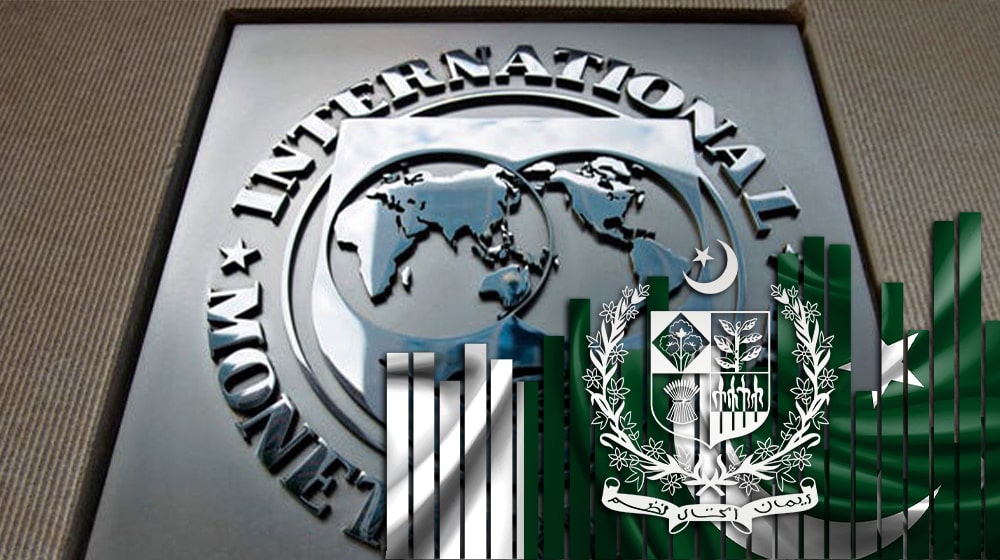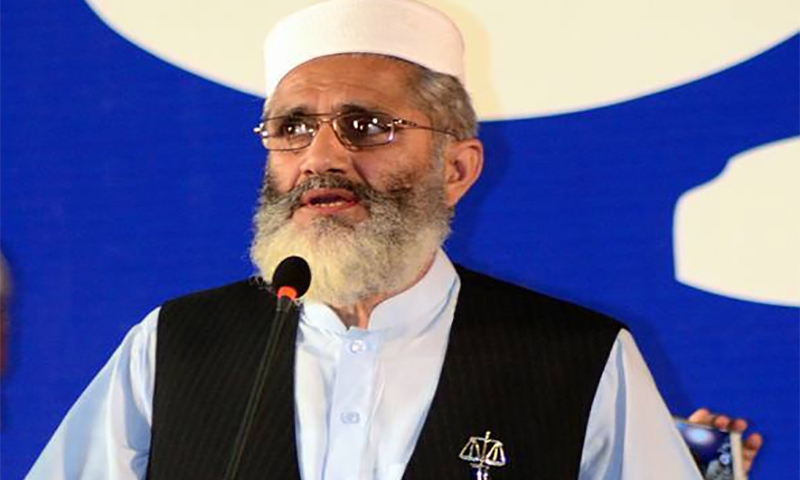IMF Policies
On Wednesday, Jamaat-e-Islami (JI) Emir Sirajul Haq launched a fresh broadside at the International Monetary Fund (IMF) during a workers’ convention. He accused the IMF of imposing heavy taxes, causing significant economic hardships for the masses.
In his address, Mr. Haq asserted, “The IMF wants to collect taxes by leaving the masses to face severe economic hardships.” He also took a swipe at political opponents, blaming governments for introducing institutions like the World Bank to the country.

Former finance minister Miftah Ismail noted 90% of the population suffering from inflation, criticizing the rule by elites and reliance on loans. Ismail cautioned that increasing the debt burden could strain the system.
He suggested that negotiations with the International Monetary Fund (IMF) could help control the rising power tariff. Ismail admitted facing criticism, even from his own party, when he approached the IMF.
He praised former prime minister Shehbaz Sharif for reaching an agreement with international leaders, stating, “If Shehbaz Sharif did not reach a deal with the IMF, then things would have been even worse.” Ismail also advocated for privatization as a means to reduce power tariffs.
Caretaker Finance Minister Shamshad Akthar, after attending a meeting of the Standing Senate Committee, ruled out the possibility of providing power subsidies to consumers. She emphasized that the government would fulfill the agreement with the IMF regarding power tariffs.
Ms. Akthar made it clear that in line with the power tariff, the government would honor its agreement with the IMF policies. She pledged to support the poorer segments of society and emphasized the importance of stability for Pakistan’s progress, stating, “For me, Pakistan is more important than the IMF. There is a dire need to bring stability to the country for the sake of progress.”


